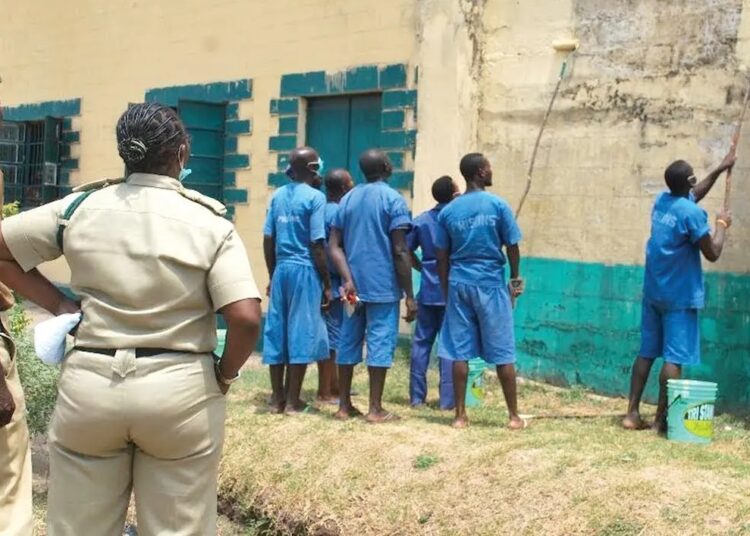No fewer than 500 inmates in each correctional centre across the country will receive vocational training and N500,000 grants to start-up useful ventures after being freed in the next 12 months, the presidency has said.
The senior special assistant to the president on technical, vocational and entrepreneurial education, Abiola Arogundade, said this while addressing a press conference in Abuja, yesterday.
According to her, the programme was part of a plan by the current administration of President Bola Tinubu to bring down the number of 133 million people that are said to be living in poverty in Nigeria.
Arogundade stated that the scheme has already begun in some correctional centres and would cover all of them in the country with a focus on inmates who are closer to the end of their sentence and they will be trained in fashion designing, Information Technology, soap making, fashion, poultry, fishing, among others.
We’ve started training in the correctional centres. We launched the scheme in Kuje. We took a few members from my office to the correctional centre to do an audit of the needs of the inmates. I’m happy to announce that we started conducting the assessment and auditing of the trainees.
“So, after Kuje Correctional Centre, we are moving to Suleja. We are going to try and duplicate this intervention in all our correctional centres across the country.
In each correctional center, we would like to train a minimum of 500 inmates. In Kuje now there are 723 of them but we would like to train a minimum of 500 and the reason is that we can not compel them to be trained is something that you want to do, not something like military.
Those that do not, we try to educate them in a little way on why the training is important. Some of them said if we are trained what we will use it for. So we announced to them any single person that‘s trained under my office will get access to N500,000 to start up,“ she said.
Arogundade said apart from vocational skills, the inmates would be trained on total rehabilitation; mental health and reintegration into the society while they would be monitored in the application of the skills as well as the N500,000 grants.
She said the programme would be expanded to cover out of school children, those in conventional learning institutions as well as graduates who want to acquire extra skills for self employment and empowerment.





